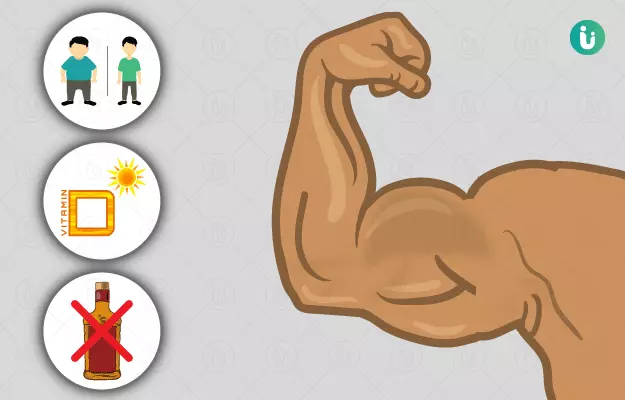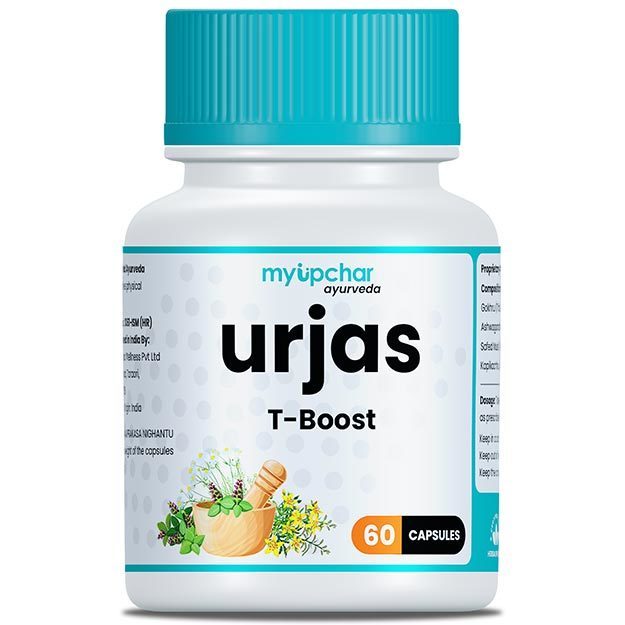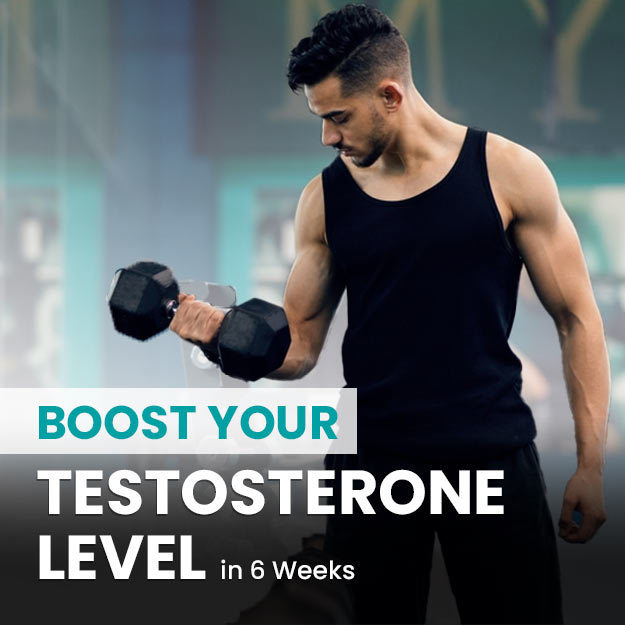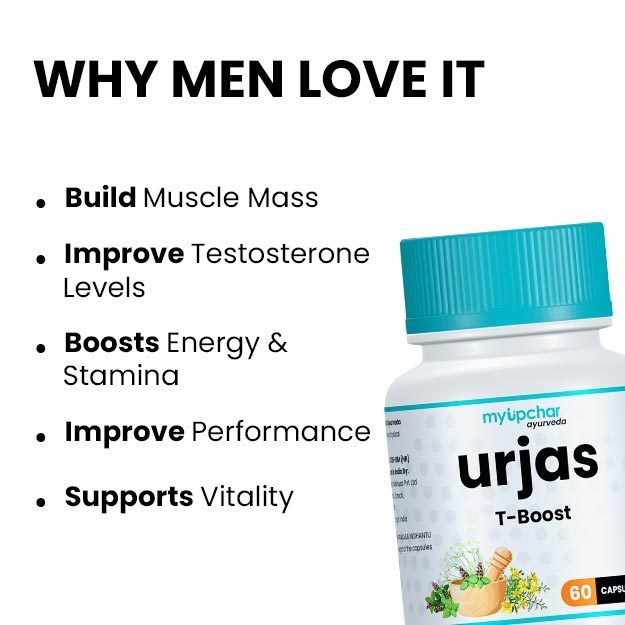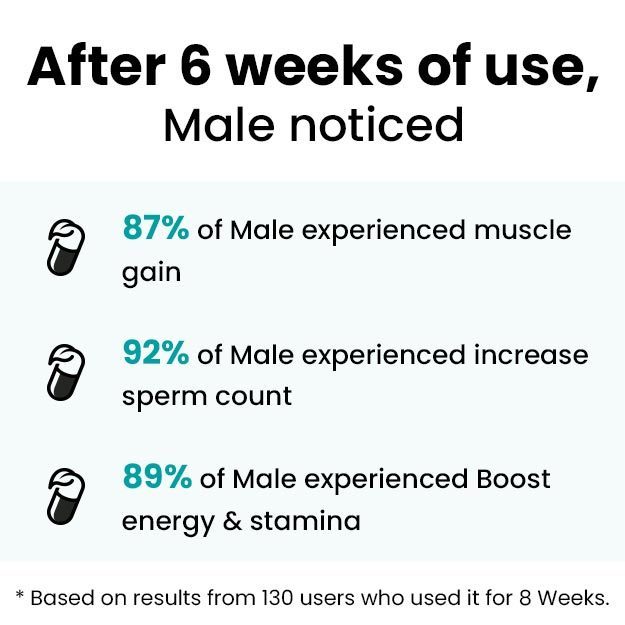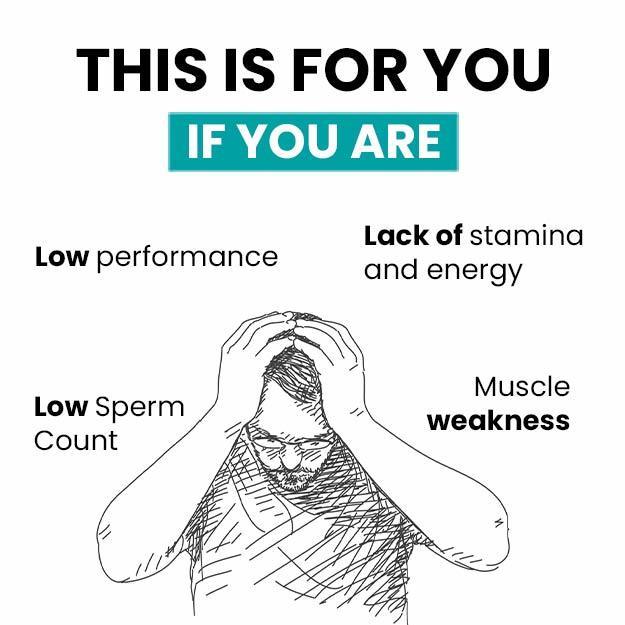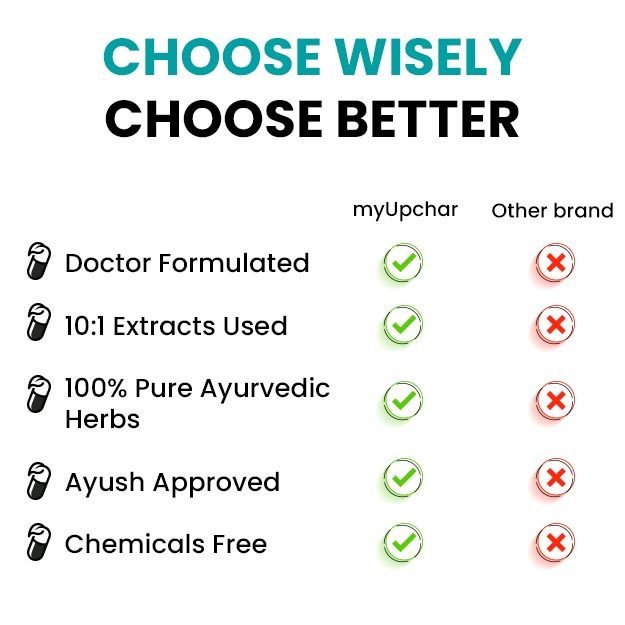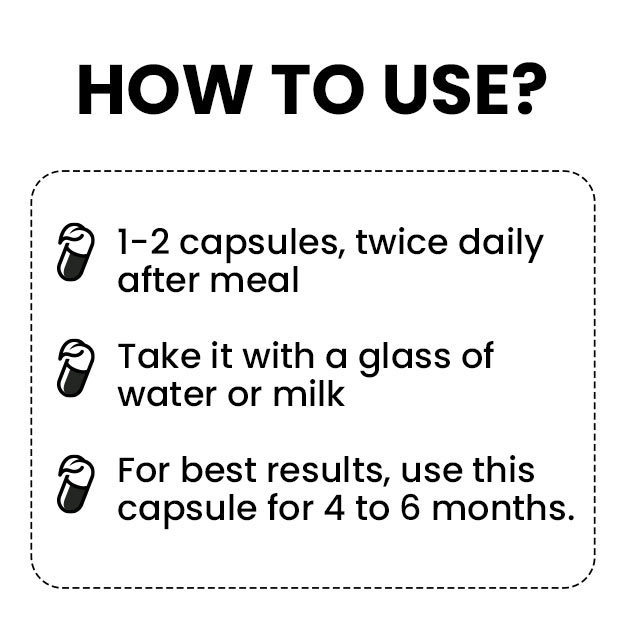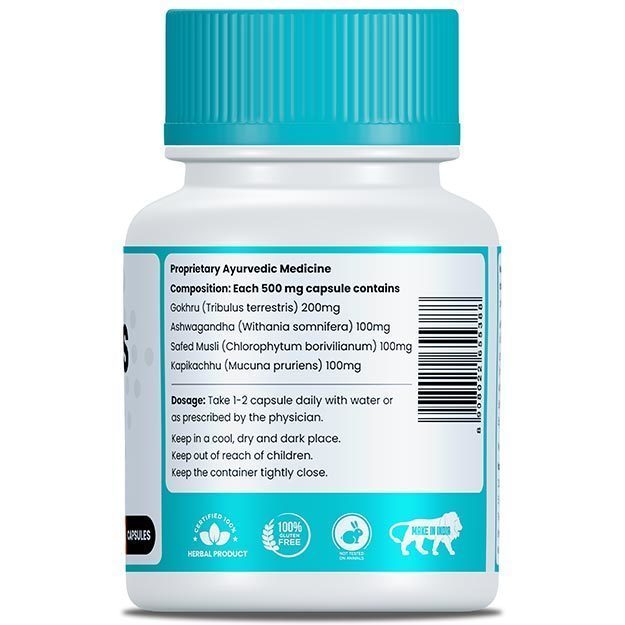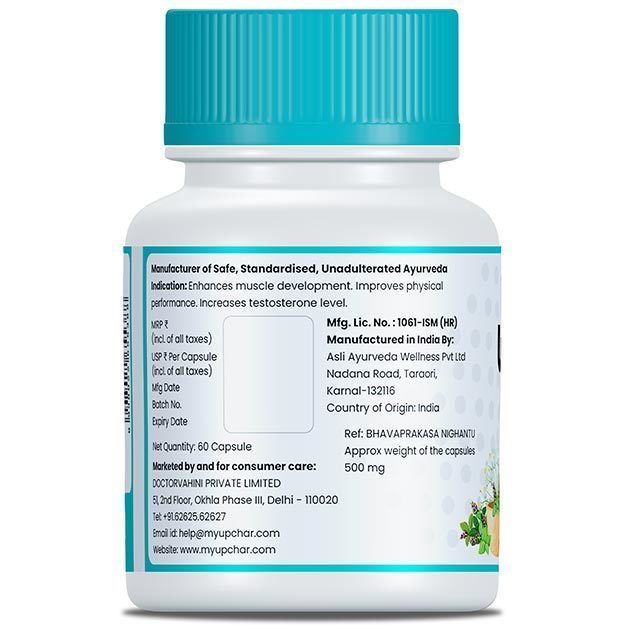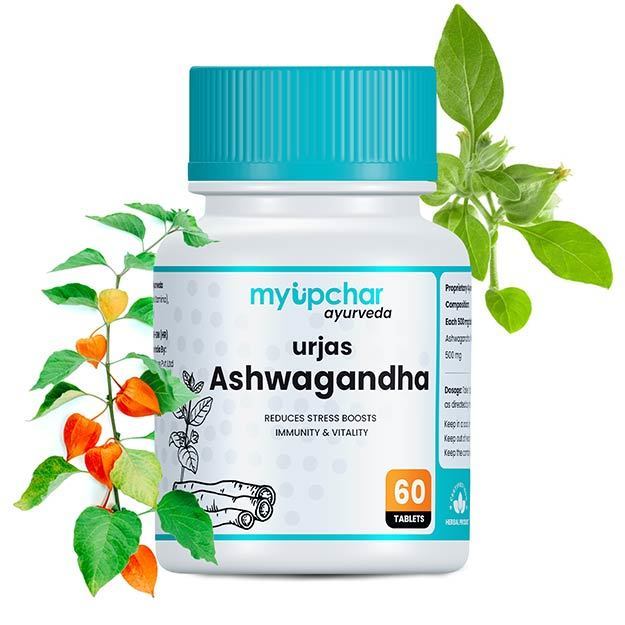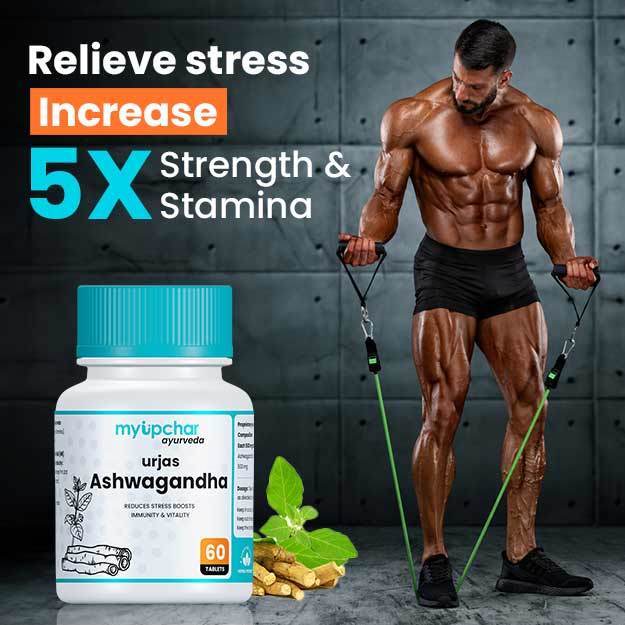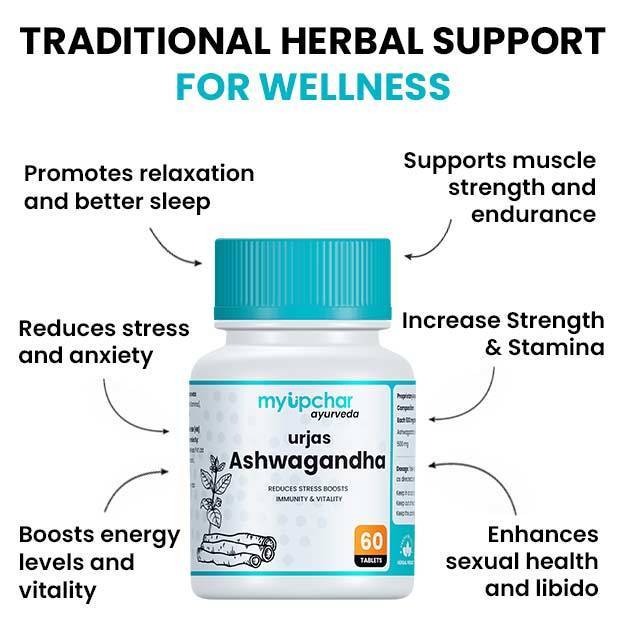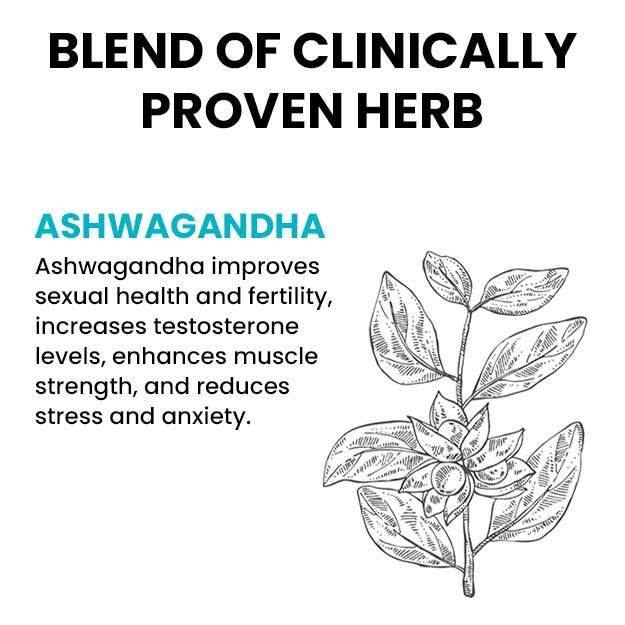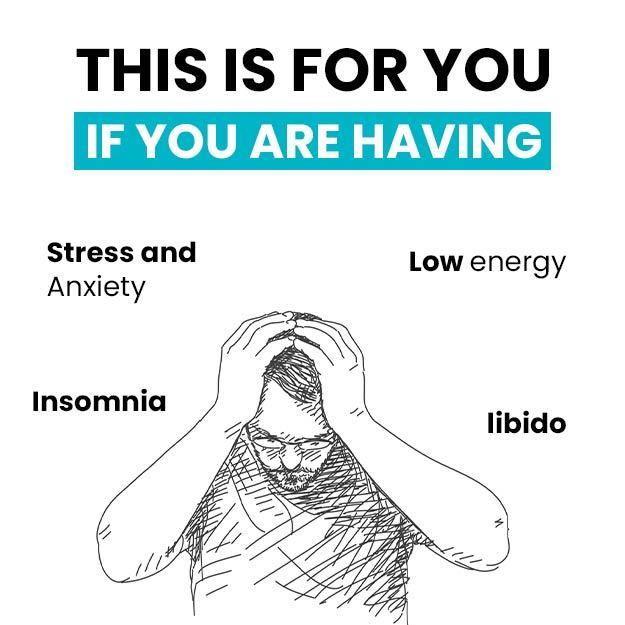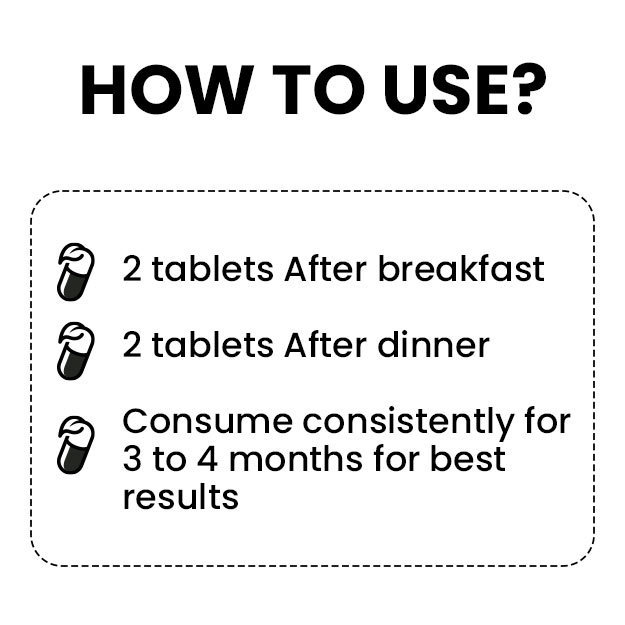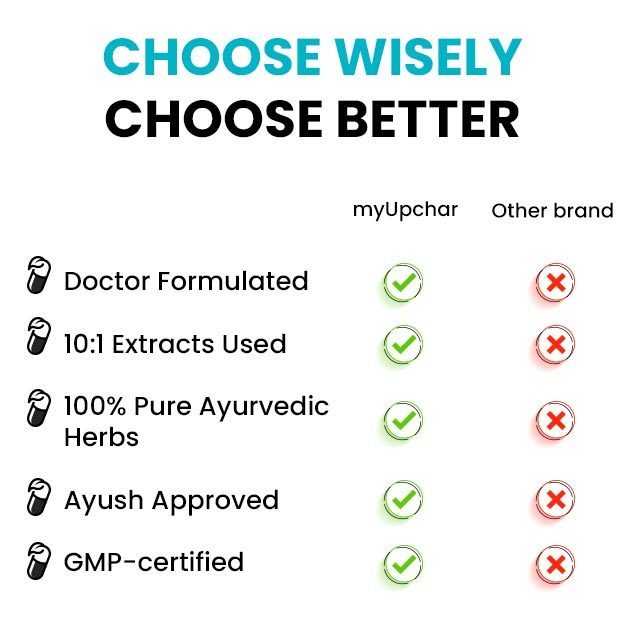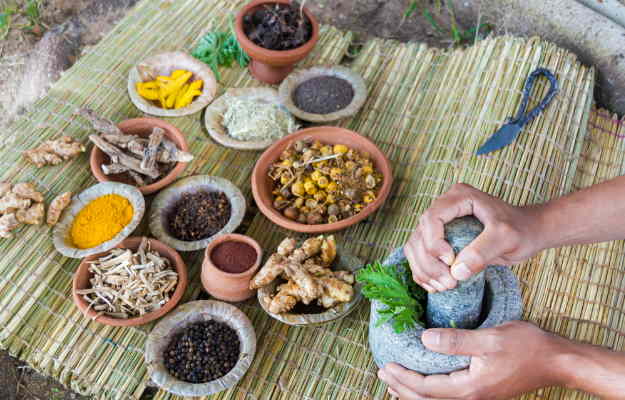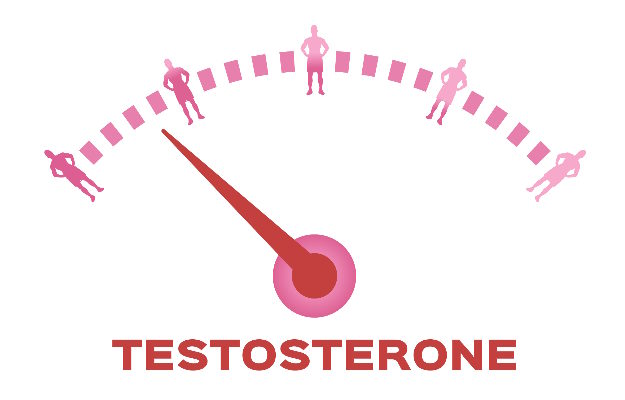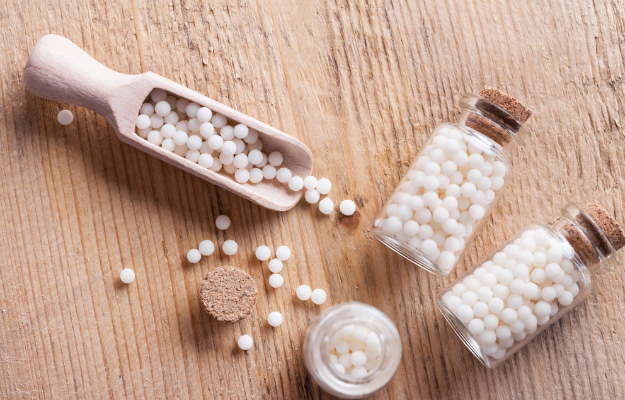Testosterone is a steroid hormone produced and released from gonads, which are sex organs responsible for the formation of sex cells in men and women. The main organs which produce testosterone are testes (sperm-producing organ of the reproductive system) in males and ovaries (egg-producing organ of the reproductive system) in females. These organs act under the influence of pituitary hormones.
Testosterone plays a vital role in the development of masculine characters in boys including facial hair growth, low-pitched voice, and increased muscle mass. Various studies and their review journals indicate that this hormone is also important for vital developments such as physical strength, maintenance of good cholesterol in the body, growth of the bones, brain-skills, improving libido, erectile function, decreasing fat accumulation, elevating mood, and improving the sensitivity of the body towards the hormone insulin.
A decline in testosterone levels with age is normally seen in men above 40 years of age and in women after menopause (permanent cessation of menstrual cycles in women). Other causes of low serum testosterone include failure of testes to descend down into the scrotum, mumps infection, very high iron levels in the blood which leads to failure of testes function, injured testicles, obesity, stress, high cholesterol, chemotherapy, radiation therapy, HIV-AIDS, disorders of the pituitary gland, etc. Low testosterone levels are a major health concern amongst ageing men and women (after menopause) because they can affect a lot of bodily functions.
Find men health information
Although you should always consult a doctor to get treatment for low testosterone levels, you may also try a few of the following things to improve testosterone production in your body.

